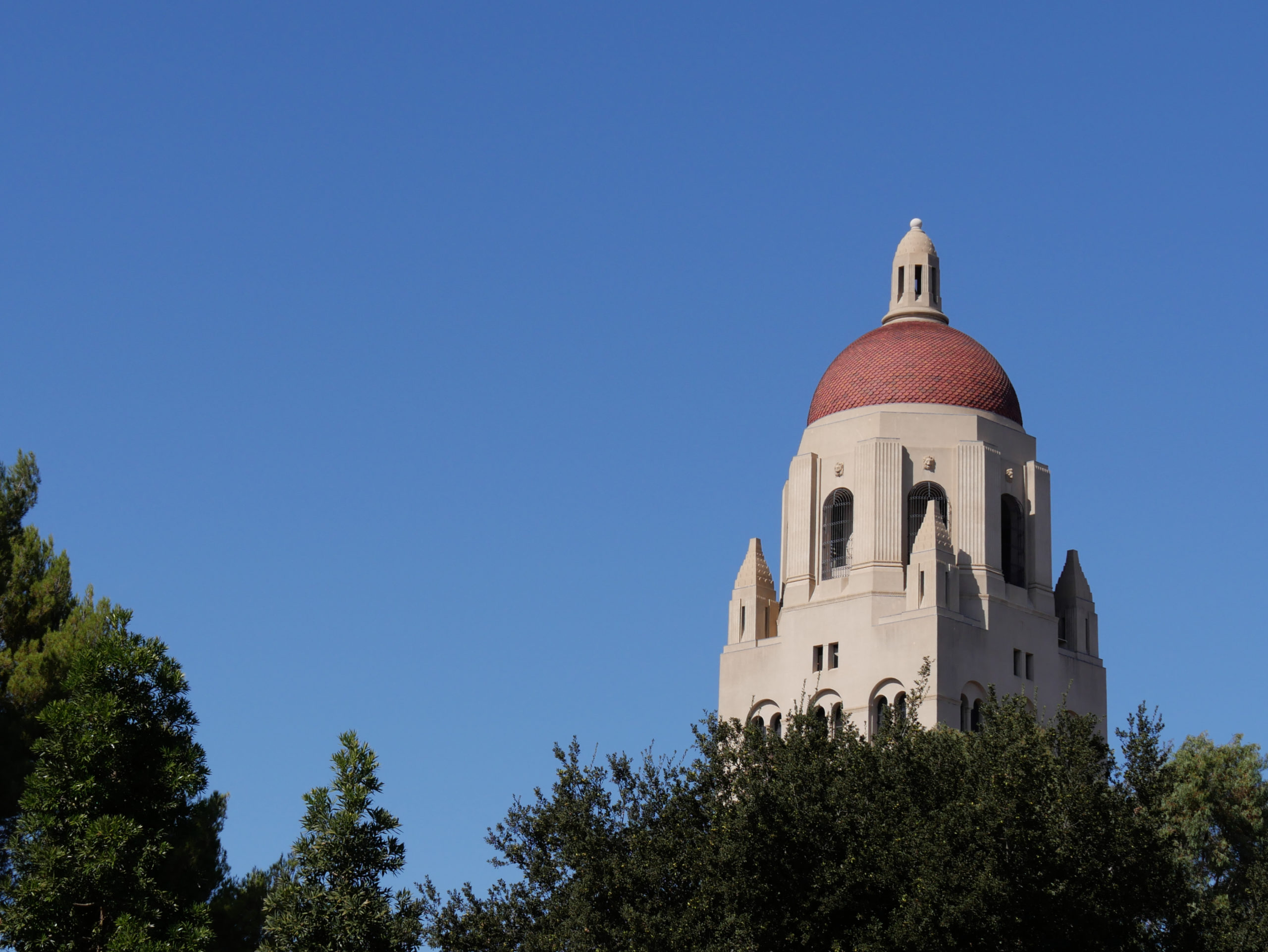Gov. Gavin Newsom signed state Assembly Bill (AB) 1780 into law Monday, banning the practice of preferential admissions for legacy and donor students at private California universities, including Stanford University.
“In California, everyone should be able to get ahead through merit, skill and hard work,” Newsom said in a press release. “The California Dream shouldn’t be accessible to just a lucky few, which is why we’re opening the door to higher education wide enough for everyone, fairly.”
California became the second state in the country to ban the consideration of legacy status in the college admissions process at private universities. The decision advances a nationwide movement against legacy preferences in college admissions, following the Supreme Court’s ruling against race-conscious admissions last June.
Among the class admitted in 2023, Stanford reported 13.6% of first-year students had “some form of existing connection to Stanford” through either legacy or donor ties. Prior to AB 1780, Stanford has provided preferential treatment to children of alumni or children of individuals who have “contributed philanthropically” to the University.
University Media Relations wrote in an email to The Daily Monday that the legislation will not take effect until September 2025, noting that “during that time, Stanford will continue to review its admissions policies.” Media Relations did not respond to questions about whether Stanford would comply with the bill nor how the University would adjust its admissions policies.
Assemblymember Phil Ting (D-San Francisco), who introduced the bill, spoke to The Daily following the decision. “With the Supreme Court outlawing affirmative action and not allowing any university within the United States to look at race as a factor in admissions, this completely kept open the door that wealth could be a factor in admissions,” he said
Opponents of legacy preferences, including Ting, have argued wealth is more concentrated among legacy and donor applicants, compounding the advantages they could already have in college admissions.
“Even when you have equal schools, grades and extracurriculars, the person with the greater wealth is twice as likely to get into a Stanford or an Ivy League school as anyone else,” Ting said.
The final version of AB 1780 requires universities to publicly report data on legacy admissions and does not include a penalty. Initial drafts of the legislation included a monetary penalty equal to universities’ Cal Grant funding for noncompliance, which was not included in the final version. From 2022-2023, Stanford students received $3.2 million in Cal Grant funding.
Student activists have promoted reforms in an admissions process historically hidden from the public eye, including legacy students who themselves benefited from existing policies.
These efforts include Class Action, a national group contesting the practice of preferential admissions, with students sharing their support for legislation such as AB 1780. Ryan Cieslikowski ’23, a lead organizer of Class Action, previously spoke to The Daily about his support of the legislation.
“Admission to California colleges shouldn’t be treated as a family heirloom that’s passed down from parent to child,” Cieslikowski said.
